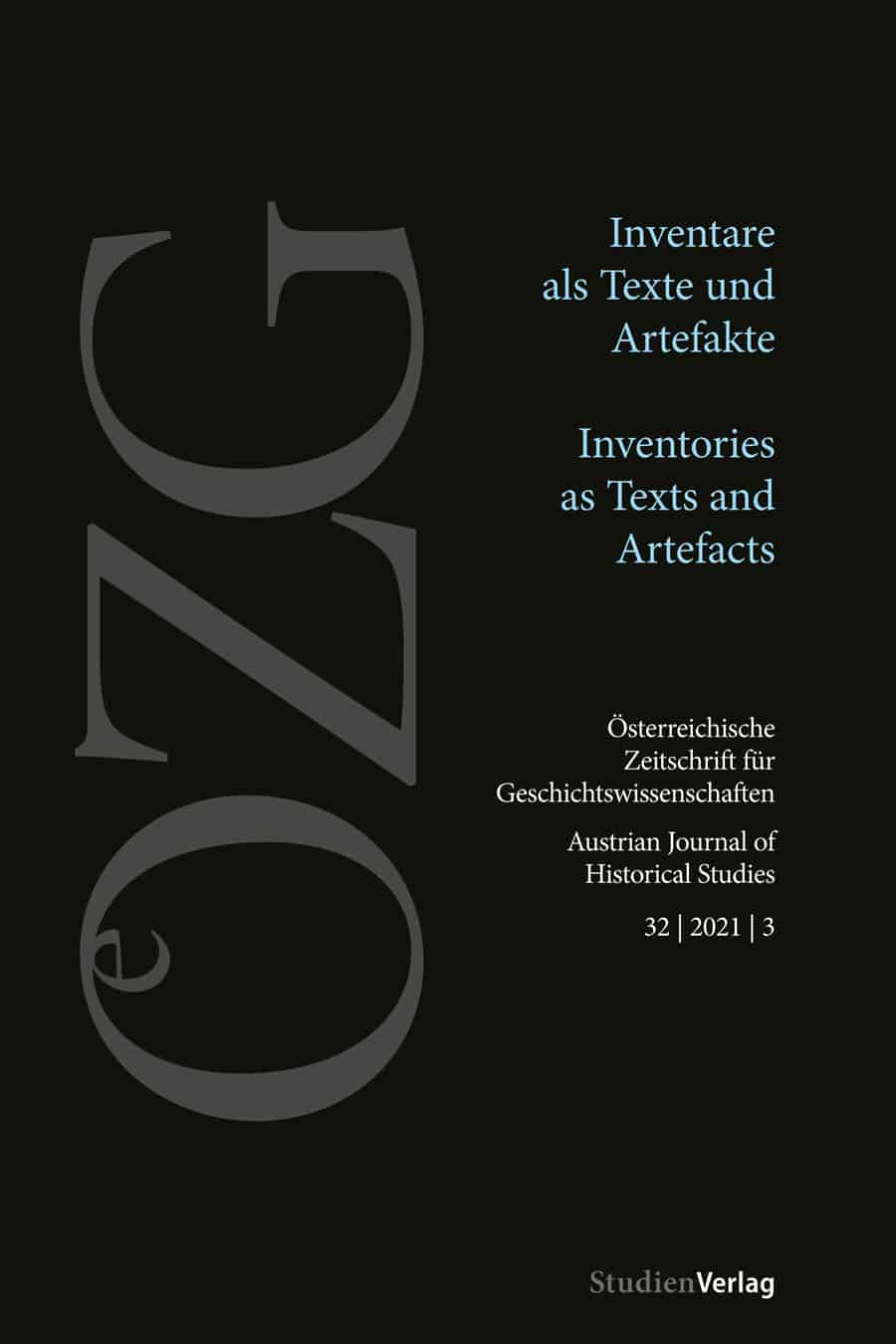Inventories of Sacred and Profane Treasures of Widowed Princesses from the House of Wittelsbach
Text Features and Interpretative Approaches (Fifteenth and Sixteenth Centuries)
DOI:
https://doi.org/10.25365/oezg-2021-32-3-6Keywords:
list of estates, foundation letters, sacred cultures, practice of piety, Wittelsbach princesses, reliquiary, goldsmith work, silver tablewareAbstract
From late medieval princely courts, only a few written inventories of sacred objects have survived. Several list-shaped records can be found in foundation letters and wills. Only a few sources come from religious institutions. Thus these different types of texts must be consulted for the investigation of the material sacred culture of the courts and the pious practice of the princesses who used the inventoried objects. Two lists of possessions of widowed Wittelsbach princesses produced after their death, one at the beginning of the fifteenth century, the other in 1520, will be analysed in a comparative study. The article focuses on special text characteristics and possible interpretations by contextualizing the inventories with other sources.
Downloads
Published
How to Cite
Issue
Section
License
Copyright (c) 2022 Austrian Journal of Historical Studies

This work is licensed under a Creative Commons Attribution 4.0 International License.


